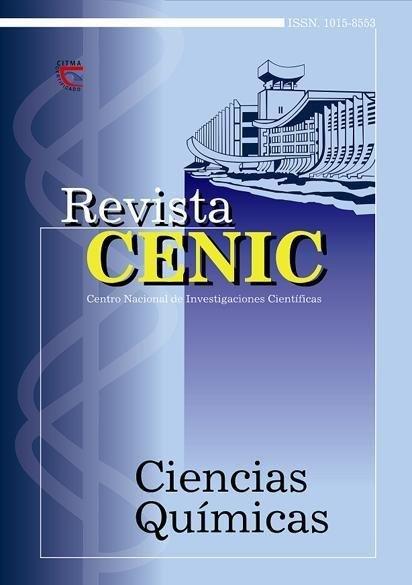Guillaume Amontons
Abstract
Guillaume Amontons (1663-1705) was an experimentalist who devoted himself to the improvement of instruments employed in physical experiments, particularly the barometer, and the thermometer. Of special note are a folded barometer, a cisternless barometer to be used at sea, and a hygrometer of his invention. He experimented with an air-thermometer and pointed out that the extreme cold of such a thermometer would be that which reduced the spring of the air (pressure) to nothing, thus being the first to recognize that the use of air as a thermometric substance led to the inference of the existence of a zero of temperature. During his studies on the behavior of air he established that at constant volume the pressure varied inversely to the temperature. He devised an
external-combustion machine and was among the first to study problems due to friction in machines (Amontons-Coulomb laws).

Downloads
Published
How to Cite
Issue
Section
License
Copyright (c) 2005 Copyright (c) 2005 Revista CENIC Ciencias Químicas.

This work is licensed under a Creative Commons Attribution-NonCommercial-ShareAlike 4.0 International License.
Los autores que publican en esta revista están de acuerdo con los siguientes términos:
Los autores conservan los derechos de autor y garantizan a la revista el derecho de ser la primera publicación del trabajo al igual que licenciado bajo una Creative Commons Atribución-NoComercial-CompartirIgual 4.0 que permite a otros compartir el trabajo con un reconocimiento de la autoría del trabajo y la publicación inicial en esta revista.
Los autores pueden establecer por separado acuerdos adicionales para la distribución no exclusiva de la versión de la obra publicada en la revista (por ejemplo, situarlo en un repositorio institucional o publicarlo en un libro), con un reconocimiento de su publicación inicial en esta revista.
Se permite y se anima a los autores a difundir sus trabajos electrónicamente (por ejemplo, en repositorios institucionales o en su propio sitio web) antes y durante el proceso de envío, ya que puede dar lugar a intercambios productivos, así como a una citación más temprana y mayor de los trabajos publicados (Véase The Effect of Open Access) (en inglés).













